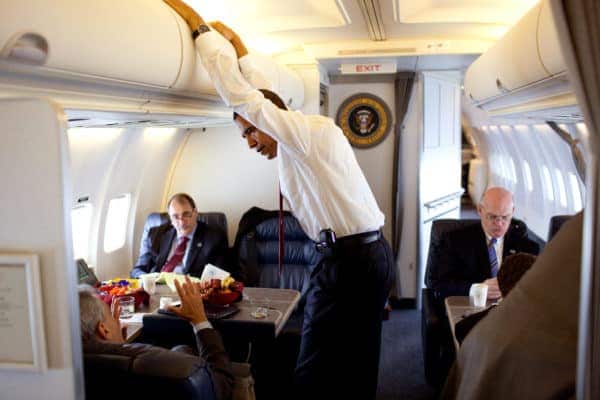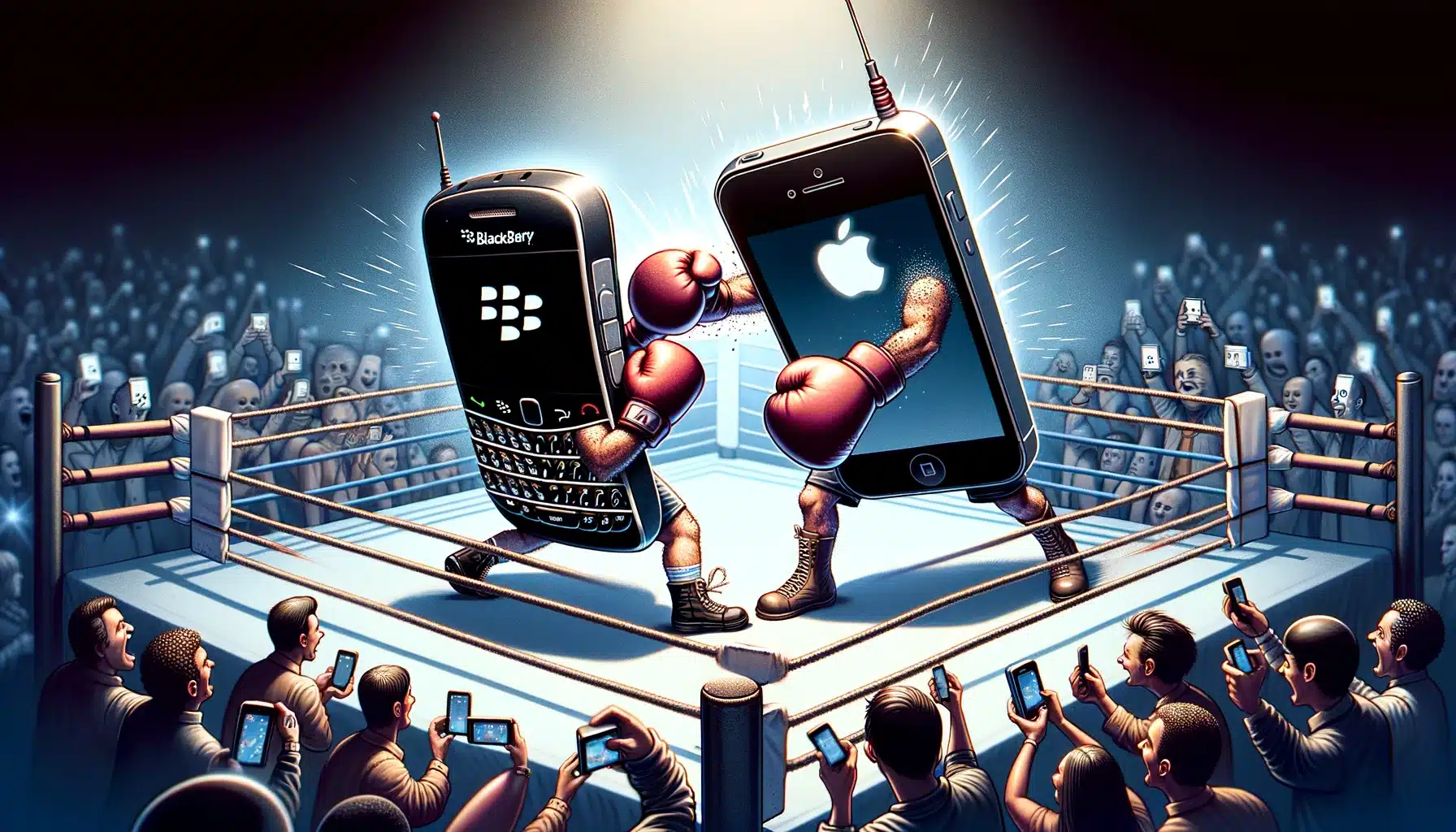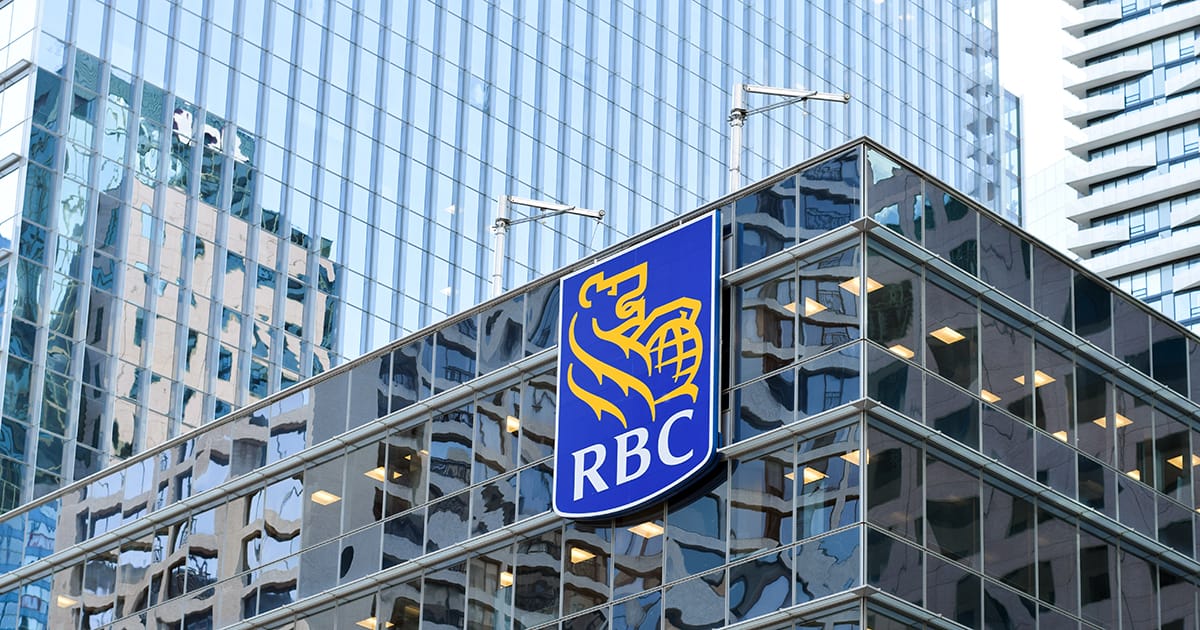BlackBerry Says World Leaders Can Trust Its Security


In an article for Politco yesterday, reporter Joe Marks looked at whether Hillary Clinton’s Blackberry was more or less secure than her colleagues in government, concluding that it was probably the latter.
BlackBerry has always touted that its devices offer more security straight out of the box than rivals such as Apple, but the article explored the extra levels of security that are available to organizations that consider their data to be extremely valuable, such as multinational corporations and governments. The encryption offered by the BlackBerry Enterprise Server, says Marks, is an expensive solution that makes a BlackBerry Bold, Classic or Z10 acceptable to the needs of most enterprise clients.
Clinton last week was at the centre of a mini-scandal when she admitted that she used her personal BlackBerry for state department use, a practice critics suggested could have put valuable data at risk.
“I opted for convenience to use my personal email account which was allowed by the State Department because I thought it would be easier to carry just one device for my work and for my personal emails instead of two,” Clinton said. “Looking back it would have been better if I had simply used a second email account and carried a second phone but at the time, this didn’t seem like an issue.”
The test of whether or not BlackBerrys are secure is an important one for the Canadian company because CEO John Chen has placed its hopes squarely on the enterprise market. What has come to light with the Clinton saga is the varying levels of protection available to those for whom securing their data is of utmost importance.
The most famous BlackBerry user in the world is U.S. President Barack Obama. But his device, from the inside out, bears little resemblance to the one you or I might use.
Obama’s BlackBerry will reportedly only accept emails from a pre-approved list of addresses and he can only phone those colleagues whose phones have a security protocol that matches his. That protocol, reportedly, is called SecurVoice, and was developed by a company called The Genesis Key, which is believed to have worked in conjunction with BlackBerry engineers to supply Obama with a device that, to the outside world, looks like an ordinary BlackBerry.
Obama’s Frankenstein-like smartphone was reportedly deemed necessary by the Secret Service, NSA, and The White House Communications Agency. Other world leaders who use the devices include German Chancellor Angela Merkel, Denmark Prime Minister Helle Thorning-Schmidt and British Prime Minister, David Cameron.
Since John Chen took over as CEO, BlackBerry is never far from the hot button issues, which are often expressed on it own blog. Yesterday, in the wake of the Clinton scuttlebutt, the company’s Matt Young penned an article entitled “Two Affirmations for BlackBerry Security: UK Prime Minister David Cameron and Reaction to Hyper-Secure SecuTABLET”.
The article cited an interview with David Cameron, who praised BlackBerry last year, and again in an interview with BuzzFeed recently.
“Wherever I am in the world, I am always within a few feet of a BlackBerry and an ability to manage things should they need to be managed,” he said.
Young points out that BlackBerry has earned more than seventy security certifications and approvals from governments, which he says is more than any other device maker.
BlackBerry is clearly the choice of world leaders, and it is unlikely that the issues around Hillary Clinton’s use of hers will have any affect on that status. But BlackBerry users who pick up the device because Obama uses one should know that their BlackBerry is a BlackBerry the same way James Bonds’s Jaguar XKR is a Jaguar XKR. It is, but it isn’t.
Nick Waddell
Founder of Cantech Letter
Cantech Letter founder and editor Nick Waddell has lived in five Canadian provinces and is proud of his country's often overlooked contributions to the world of science and technology. Waddell takes a regular shift on the Canadian media circuit, making appearances on CTV, CBC and BNN, and contributing to publications such as Canadian Business and Business Insider.


